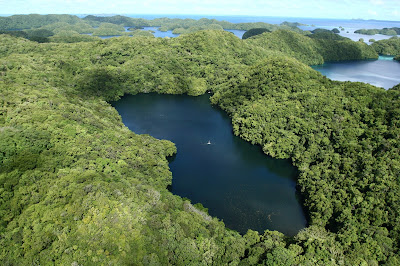Kuentusi i Hanom
One of my jobs this summer is to run community conversations with Nedine Songeni for Humanities Guåhan at the Department of Corrections. I first started doing these types of conversations or civic reflections many years ago, when the Humanities Council introduced them as a means for talking about the military buildup. I along with several others underwent a training period and held these conversations with diverse groups across the island. Since then I've also helped them a few more times on organizing civic reflections. It is an interesting model, and what I've always found nice about it, is that it requires the use of humanities text, whether it be an article, a text, an essay or a short film, as a means to stimulate conversation. Rather than a debate or a lecture, you build from a text which can be interpreted in many ways to sort of try to unpack many of the things members of the community may be feeling and may or may not be talking about. A few years ago Humanities Guåh

